The dachshund anal glands (also called anal sacs) are two glands secreting an unpleasant fluid through tiny ducts opening into the anus. This fluid is normally released during defecation. This fluid has a foul smell.
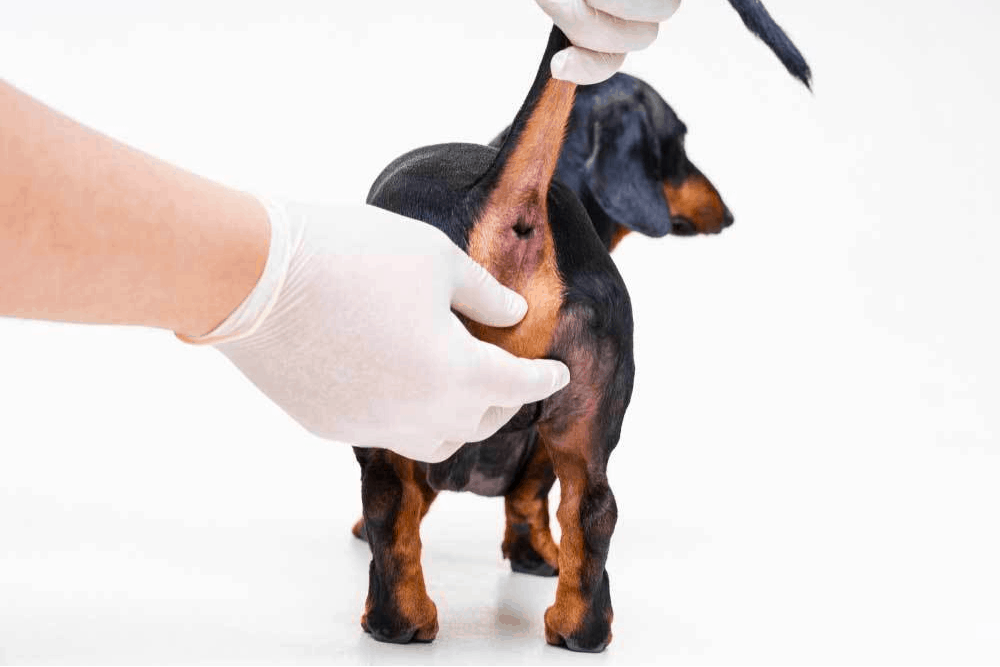
Location of the anal glands
Anal glands are located on either side of the anus, just under the skin, at the 4 o’clock and 8 o’clock positions. The anal glands are embedded in the muscle of the anal sphincter and not readily visible.
The general structure of the anal glands
Anal glands are small oval-shaped glands. Tissue within the glands produces a fluid that is collected in a multitude of tiny ducts. As feces pass through the anus, the glands are squeezed and the duct releases the fluid through small pores.
The function of anal glands
The only known function of the anal glands is to produce small amounts of anal gland secretions, ranging in color from yellow-brown to gray. These secretions may mark territory and identify other dogs. Secretions from these glands are pungent and may also be expressed when the dachshund is frightened or alarmed. They may also be expressed manually as part of regular grooming.
Common diseases of the anal glands
Most dachshunds do not develop problems with these glands and most dachshund owners are unaware of their presence. In a few dachshunds, anal gland impactions, infections, abscesses, rupture, and even tumors can occur. Diseases of the anal glands vary in severity. Common symptoms of anal gland disease include “scooting” – dragging the rear end across the floor, a foul odor, pain, and/or licking or attempts to lick/bite at the rectal area.
Anal gland impactions are the most common disorder associated with dachshund anal glands. For an unknown reason, the fluid produced in the glands becomes too thick to be expressed naturally through the pores of the glands. The fluid continues to be produced, resulting in enlargement of the gland and irritation.
Anal gland infections are typically bacterial infections, causing irritation and inflammation. Anal gland abscesses are a progression of anal gland infections. The infection worsens and causes a significant accumulation of pus within the anal gland. Anal gland rupture is the final stage of an anal gland infection. The abscess will continue to enlarge until it eventually ruptures and pus drains.
Anal gland tumors are most often malignant and are classified as adenocarcinomas. Sometimes, anal gland tumors can result in elevated blood calcium levels, which can cause significant organ damage, including kidney failure.
Diagnostic tests evaluate the anal glands
Physical examination and rectal palpation are the primary methods of evaluating the anal glands. Rectal palpation is performed by inserting a gloved finger into the rectum to feel the gland. Radiographs (x-ray) and blood work are not typically used to evaluate the anal glands but can sometimes suggest an anal gland abnormality, which prompts further exam of the glands. Abnormal glands that are suggestive of a tumor may be diagnosed with a biopsy.
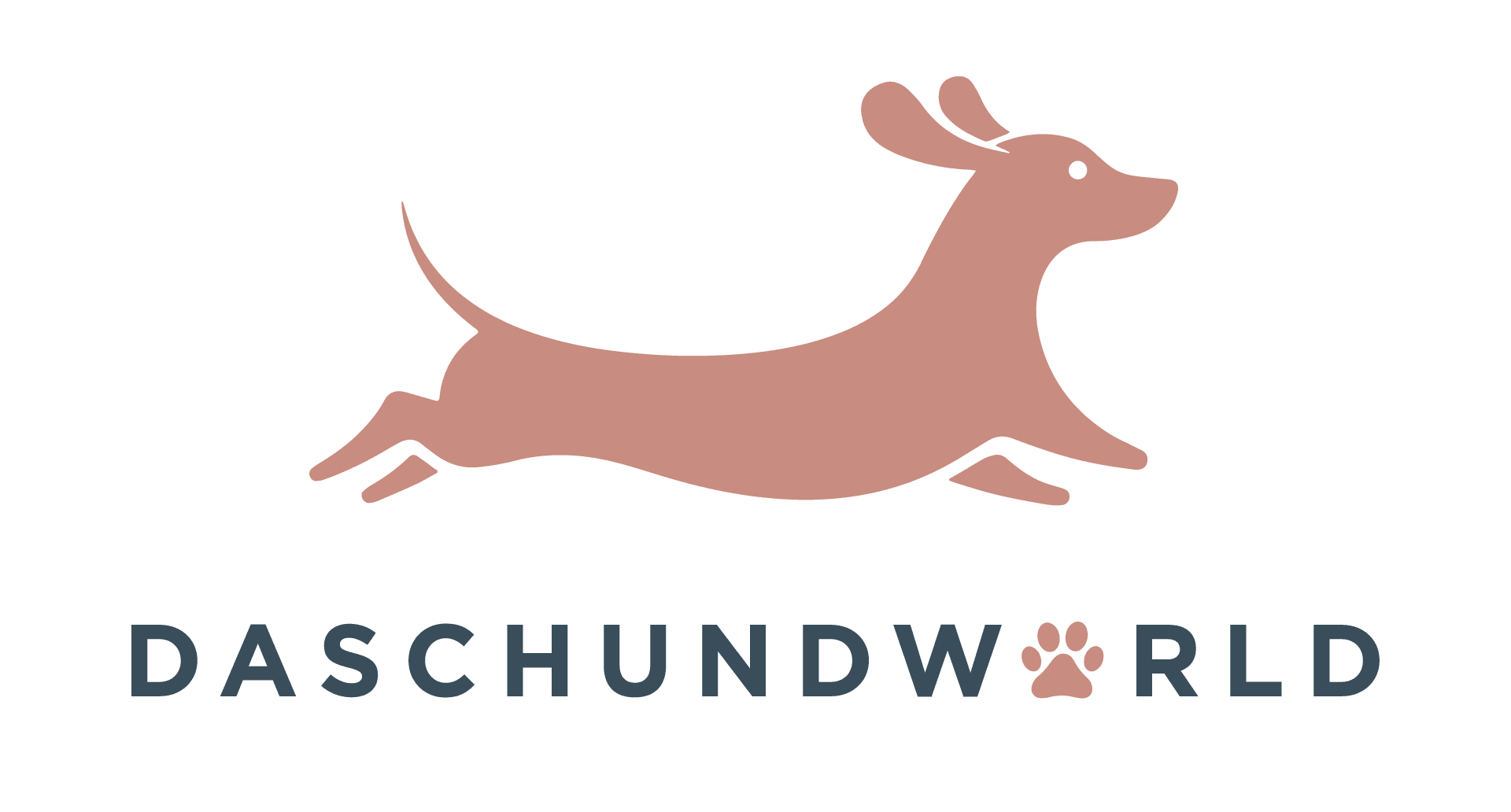
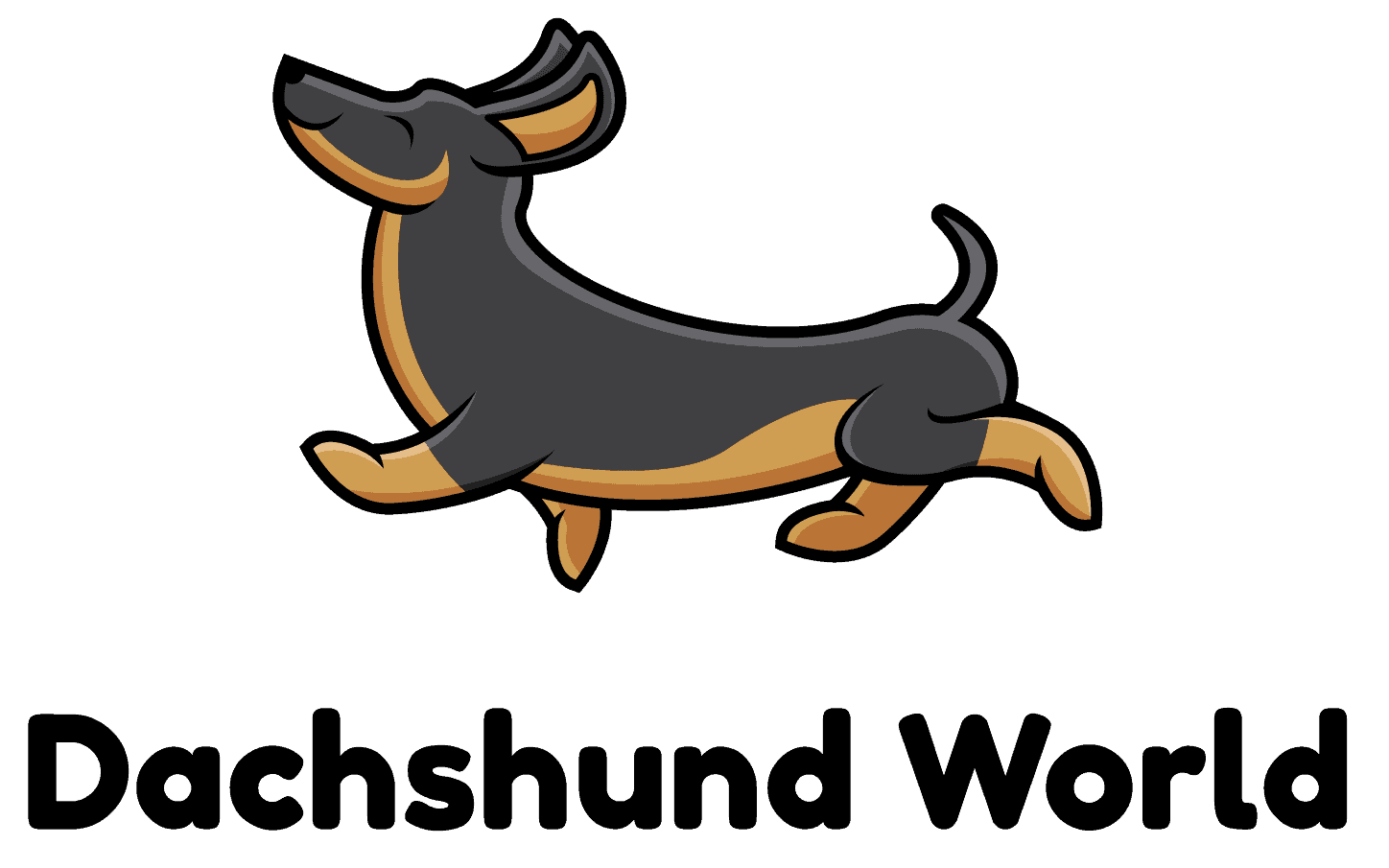
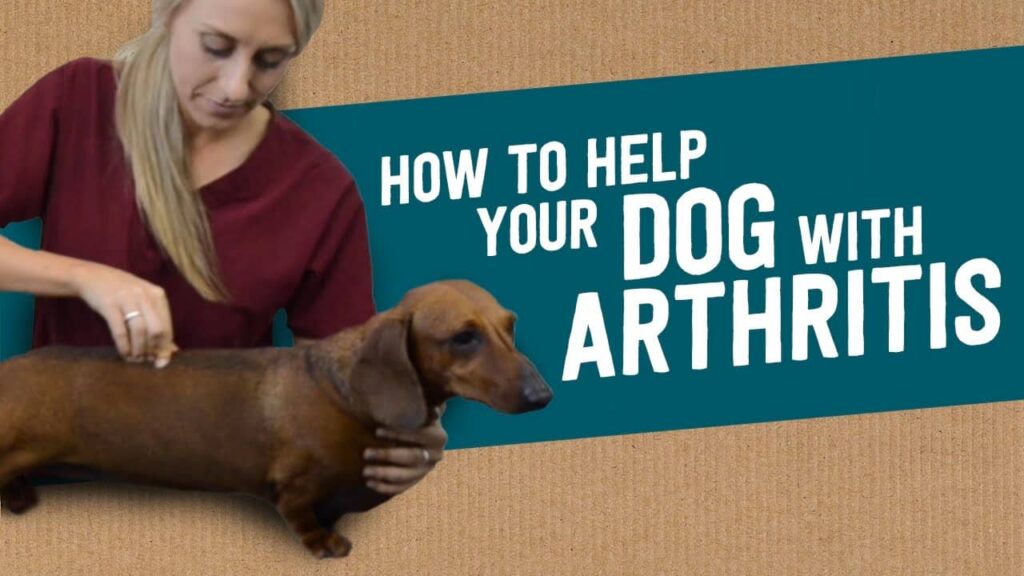
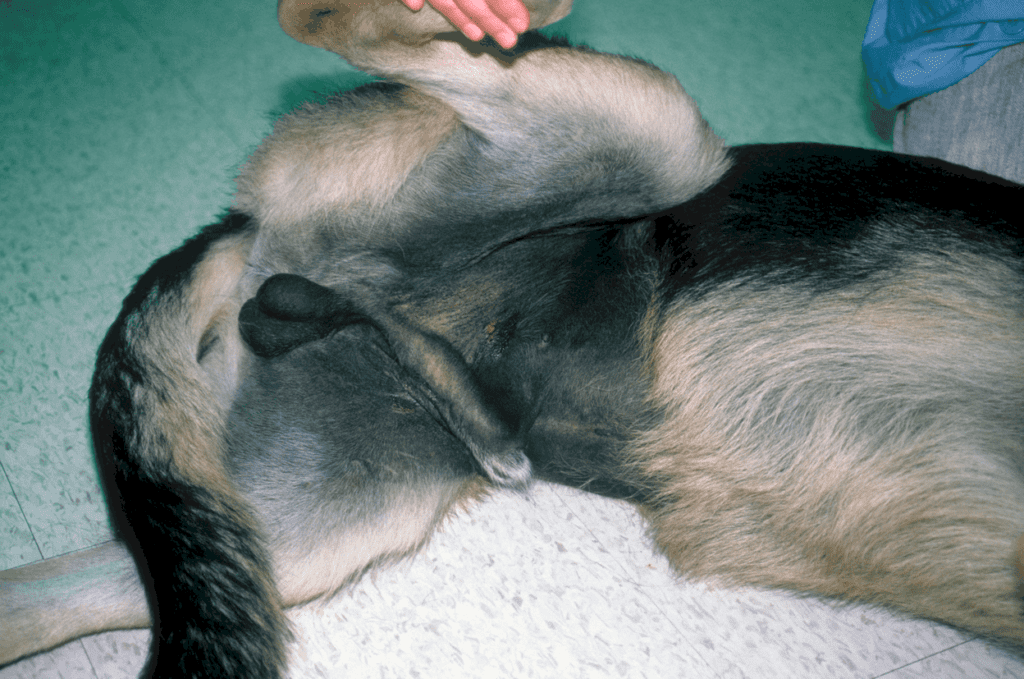
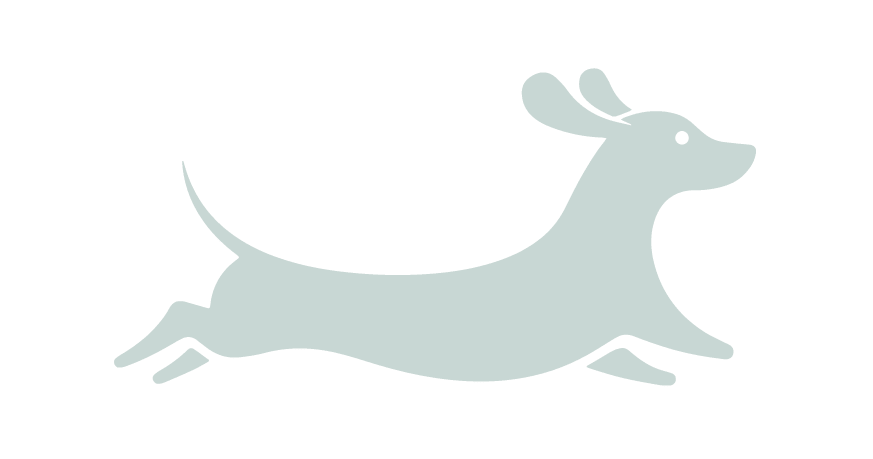
Hi i have a 3month old miniature dachshund puppy i noticed a slight odor coming off her butt area i never thought it was anal sacs she was 2 months old when i got her and noticed immediately she is occasionally. Dragging her butt and when i wipe with a wipe it goes away could they be backed up so soon ?
Debbiroberts704@gmail.com
Please help thanks
Hello Debbi…it is not uncommon for Dachshunds to have anal gland problems, even ones that are still young puppies. Diet plays a big role in anal gland health, if your Doxie puppy is eating a soft food or a food that does not completely agree with them and their stool is softer, anal gland problems can occur. If you notice your puppy’s stool is soft or not formed into logs, you may look into slowly changing their food. You want your Dachshund to produce well-formed logs, which will help express the glands as they defecate.
When you visit your veterinarian for her next wellness check, have them check her anal glands and see if they need expressing or if there might be a slight (or low-grade) infection causing the odor and irritation.
Hello, my 4 year old mini dachshund has terrible anal gland issues. Is there a type of food you would recommend? We have tried probiotics, pumpkin, raw food.
I inherited my sons dachshund when he died, he’s 14 now, and I noticed right after I got him he was scooting. My vet does not completely understand it also, but his glands will not empty. They form small hard pieces that apparently cause it to be plugged. We go to the vet every three weeks like clockwork to have them expressed. He’s not had any other issues since we started the regular visits. So learn your buddy and they’ll sit on your lap all night, even if you don’t want them too! Ha